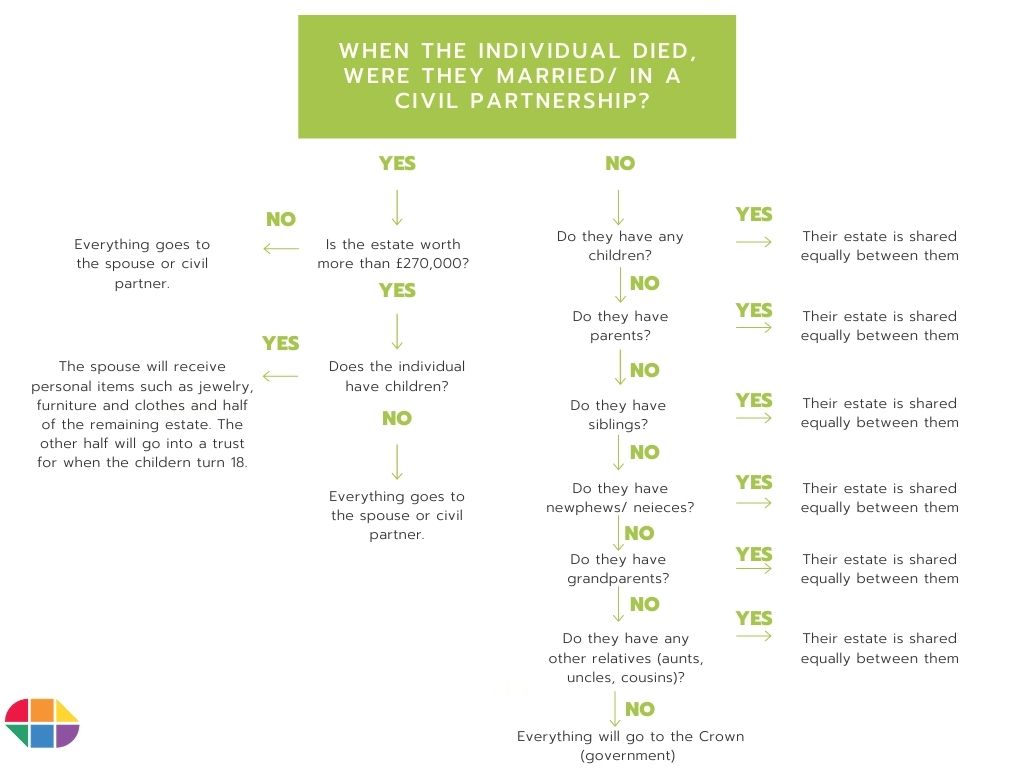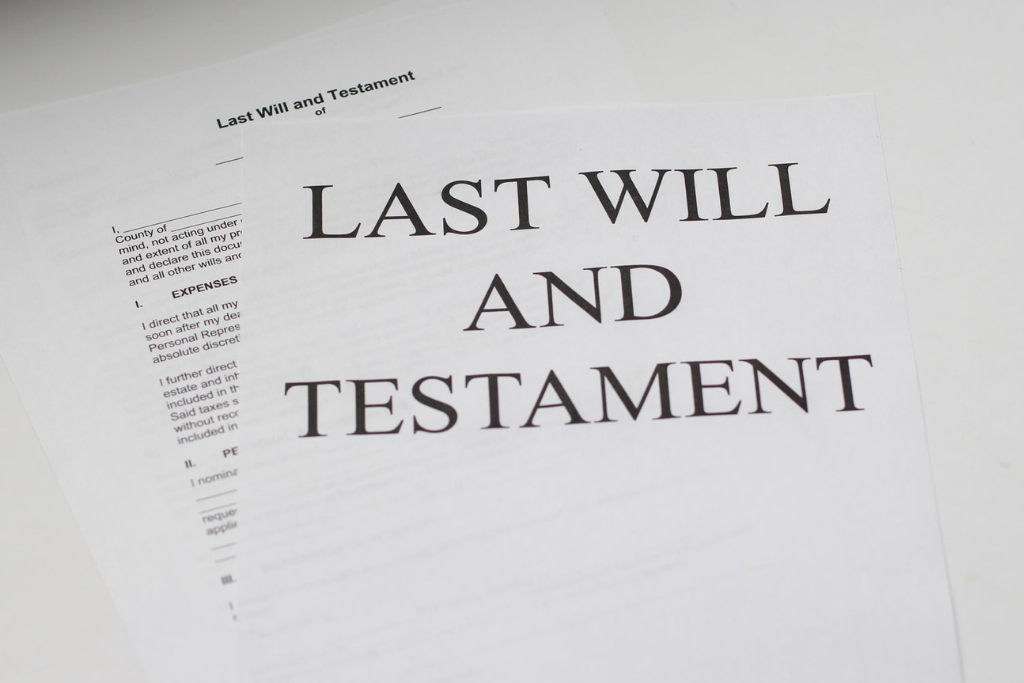Writing Your Will | Read Time 8 Minutes.
If the Coronavirus pandemic has done anything, it has certainly shown how quickly life can change. Now more than ever, people are paying attention to protecting their loved ones and securing their assets and finances for the future.
In 2020, more people drafted a will than ever before (for obvious reasons). An online wills provider stated that, in 2020, they helped 267% more people to write their wills compared to 2019. Among this figure, the under 35’s category saw a 300% increase.
As the month of March signifies free wills month in the UK (for participating firms), LGBT Lawyers has taken a look at some of the most important things to consider when writing your will, from pressing questions, to what the process actually involves.
do i really need a will?
In short, yes.
In the UK, there are a strict set of rules, known as intestacy, that decide what happens to someone’s estate if they die without having a valid will in place. It’s not uncommon for people to pass away without leaving a will, and when this happens, your could risk your loved ones being left with nothing and your estate falling into the wrong hands.
For LGBT people in particular, your wishes may be different or more specific than those of a heterosexual person. For example, you may want your inheritance to go to charity if you don’t have any children. Alternatively, you may want to leave everything to your partner. Whatever you decide, it’s important to include it when writing your will, to protect your beneficiaries in the future.
I’m gay: what happens if i die without a will?
When writing your will, the largest issue faced by the LGBT community is the risk of intestacy.
Intestacy is the legal definition for the state in which someone dies if they don’t have a will. It’s not solely applicable to the LGBT community, but is more prevalent among LGBT people. If you are unmarried, your estate will not automatically go to your partner. Unfortunately, intestacy is bound by archaic rules which put an unmarried partner at the bottom of the chain to inherit.
The laws of intestacy dictate that an unmarried person’s estate will automatically go to any blood relatives, and in the absence of these relatives, the estate will be passed onto the government. This is why it’s really important to have a will, to make sure your partner is covered and your wishes are kept to. Unfortunately, your partner won’t inherit from you automatically unless this is specified in your will.
Take a look at our chain of intestacy flowchart:

Make sure you fully understand the process
The people who benefit from your estate will generally be friends, family, partners and sometimes charities. In your will, you’ll need to write down your assets (this could be finances, property and possessions) and try to give an approximate value of each item. Once you know this, you’ll be able to consider how you’d like to split your estate.
When writing your will, you need to know exactly who you want to benefit from your estate when you pass away. Your will explains exactly who your ‘beneficiaries’ will be and you can specify exactly what “legacy” you want for your assets.
Typically, there are 4 forms of “legacy” that people leave in a will. These are:
Pecuniary bequest
This is when you leave a specific, fixed sum of money to someone in your will.
SPECIFIC REQUEST
A specific bequest is when you leave a certain asset or item to someone in your will.
RESIDUARY BEQUEST
A residuary bequest is when you leave a certain percentage of the estate to someone. This percentage, however, is only valid when any outstanding tax, debts or liabilities within the estate have been paid off.
REVERSIONARY BEQUEST
This is when you specify what will happen to a particular part of the estate if the person to whom you have left it in your will passes away.
Check, check and check again
When writing your will, it’s important to check that it’s valid before you sign it. In the UK, a will is valid when:
- The person writing the will has done so of their own volition, not by force or pressure
- It is made by someone who is over 18 years old
- It has been written by a person who is of sound mind
- Has been completed in writing
- Has been signed by the person who is making the will
- Is signed in the presence of two witnesses who have also signed the will
Remember, your will can be contested when you die. So, it’s important to make sure everything is drafted correctly when writing your will and that anyone who has had an input in it has done so correctly.
This is where a lawyer will come in handy as they can go over your will and make sure nothing is missed. Your lawyer will also be able to help you safeguard your physical will and can also submit your will to The National Will Register, who will be able to locate your will should you need it.
Top things to consider (that are often neglected)
The most commonly neglected areas when writing your will are usually things that are co-owned with others, such as:
- Joint accounts
- Joint property
- Business partnerships
- Anything that is not solely yours (this mainly refers to possessions and assets)
Remember, it’s just as important to include shared things in your will. This is so whoever you are sharing with will know what to do with your part should you pass away.
It’s also important to disclose any wishes you may have for your funeral in your will, as this is the first place people will look. However, be aware that sometimes funeral requests can be missed during the probate process so it might be best to write a funeral plan as well, just in case.
For the LGBT community, commonly neglected aspects of a will can include mentioning charities whom you may want to leave some money to, or specifying cohabitation agreements. If you are trans or are in the process of transitioning, it’s important you remember to update your new will with your chosen name. Your beneficiaries could run into problems in the future if this doesn’t happen.
Make sure you keep your will updated
It’s recommended that you update your will every 5 years. Alternatively, you can update it after a major life change occurs, such as getting divorced or having a child. You cannot change your will after it has been signed and witnessed, however, you can amend your will by making an official alteration called a codicil. There is not limit on how many codicils one person can have. However, the codicil process is the same as writing your will, in that you must have it signed and witnessed. Alternatively, you can simply draft a brand new will for approximately the same price.
Whether you marry or not, we definitely recommend that every individual drafts and re-visits their will at some point in their lives. For LGBT individuals, this just means that extra safety for the future.






0 Comments